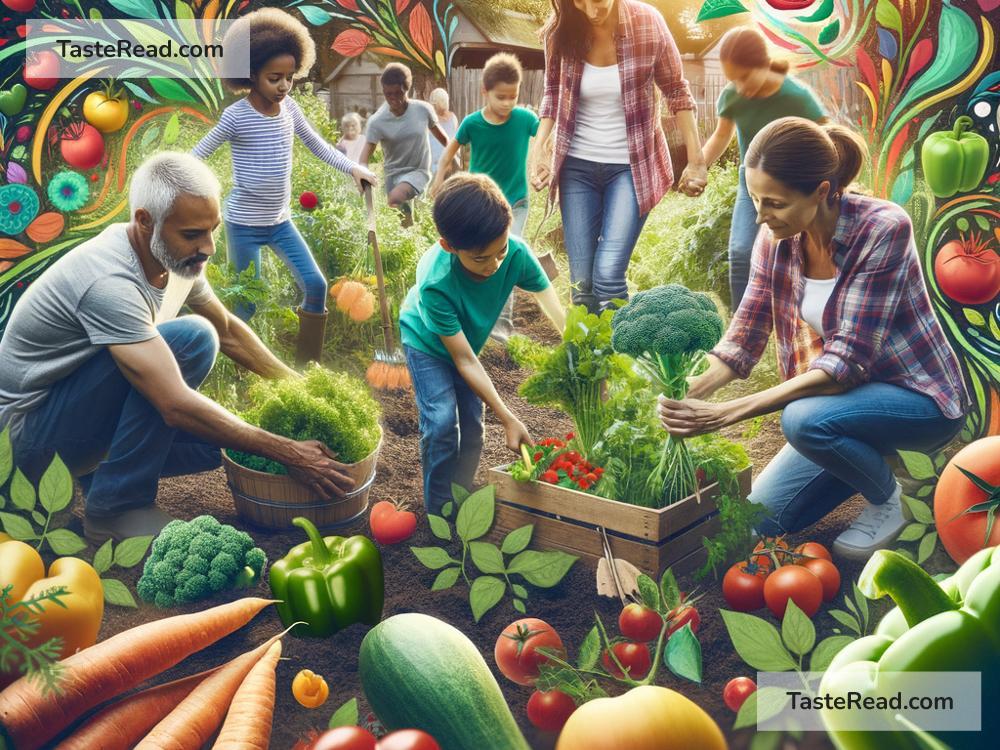The Impact of Food Security on Nutrition: Why It Matters
Food is essential for human life. It gives us the energy to work, think, and play. It helps our bodies grow and stay strong, and it protects us from getting sick. But not everyone has access to enough food or to the right kinds of food. This is where the idea of food security comes in. Food security means having reliable access to enough nutritious food to lead a healthy and active life. When food security is lacking, it can have a negative impact on people’s nutrition, health, and overall well-being.
What is Food Security?
Food security is not just about having food; it’s also about having the right kinds of food. According to experts, there are four key parts of food security:
- Availability: Enough food must be produced and supplied to meet the needs of everyone in a community or country.
- Access: People must be able to afford food or have other means to obtain it.
- Utilization: The food must be nutritious and safe, and people must understand how to prepare it in ways that support health.
- Stability: Food supply must be consistent over time, not disrupted by things like natural disasters, economic hardship, or political conflicts.
When any one of these parts is missing, food security breaks down, and nutrition suffers. This is an important issue because poor nutrition can lead to serious health problems.
How Food Security Affects Nutrition
Good nutrition comes from eating a balanced diet with the right mix of vitamins, minerals, proteins, carbohydrates, and fats. For people to get these nutrients, they need access to a variety of healthy foods like fruits, vegetables, grains, dairy, and protein sources such as meat, fish, or beans. Lack of food security can have several harmful effects on nutrition:
1. Undernutrition and Hunger
When people don’t have enough food, they can become undernourished. Undernutrition happens when the body doesn’t get enough calories, protein, or essential nutrients to function properly. Children are especially vulnerable to undernutrition because their bodies and brains are still growing. Undernourished children may suffer from stunted growth, difficulty concentrating in school, or frequent illnesses because their immune systems are weak.
In adults, undernutrition can lead to fatigue, decreased productivity, and chronic health problems. Hunger also creates stress, making it harder for people to focus and make decisions that improve their lives. This is a vicious cycle: hunger leads to poor health, and poor health can make it even harder to escape situations of food insecurity.
2. Micronutrient Deficiencies
Even if people have enough calories to eat, they might still lack important vitamins and minerals—this is called “hidden hunger.” For example, not getting enough iron can cause anemia, which leads to fatigue and weakness. Vitamin A deficiency can cause blindness and increase the risk of infections in children, while insufficient iodine can affect brain development and lower IQ.
Micronutrient deficiencies are especially common in poor communities where people rely on cheap, starchy foods like rice or bread that fill their stomachs but don’t provide all the nutrients their bodies need. Without access to diverse and healthy food options, hidden hunger becomes a widespread problem.
3. Obesity and Poor Diet Choices
Ironically, food insecurity can sometimes lead to overweight or obesity. How is this possible? People who don’t have stable access to food often rely on low-cost, processed foods that are high in sugar, salt, and unhealthy fats. These foods are filling and affordable, but they lack the nutrients needed for good health. Over time, eating too much junk food and too little fresh, healthy food can lead to weight gain and diet-related illnesses like diabetes, heart disease, and high blood pressure.
For families living in food insecurity, it’s a daily struggle to choose healthier options, especially when nutritious food is expensive or hard to find. This shows that food security is not just about calories—it’s about quality, too.
Why Food Security Matters for Communities
When people are food-secure, their lives become healthier and more stable. Children have the energy to learn and grow, workers are more productive, and families are less likely to face financial burdens from health care costs. On a larger scale, food security strengthens communities and economies. Healthy, well-nourished individuals can contribute more to society, increasing happiness and reducing poverty.
In contrast, poor nutrition caused by food insecurity can hold people back. Malnutrition weakens the workforce, increases health care expenses, and worsens inequality. It’s a cycle that perpetuates poverty and prevents communities from thriving.
Steps to Improve Food Security
Solving food insecurity is a big challenge, but there are ways to help. Governments, organizations, and individuals can work together to make a difference:
- Support Local Farmers: Encouraging sustainable agriculture can help produce fresh and affordable food for communities.
- Improve Food Access: Building food stores and markets in underserved areas makes healthy food easier to obtain.
- Educate Communities: Teaching people about nutrition and cooking can help them make better food choices.
- Strengthen Social Programs: School meal programs, food banks, and government assistance can provide immediate relief to families in need.
In addition, global collaboration to fight poverty, reduce conflict, and address climate change can help ensure food security for everyone.
Final Thoughts
Food security and nutrition go hand in hand. When people have reliable access to healthy food, they can live strong, active, and fulfilling lives. But when food security is out of reach, their health—and the health of entire communities—can suffer. By understanding the importance of food security and working toward solutions, we can build a world where everyone has the chance to thrive.


